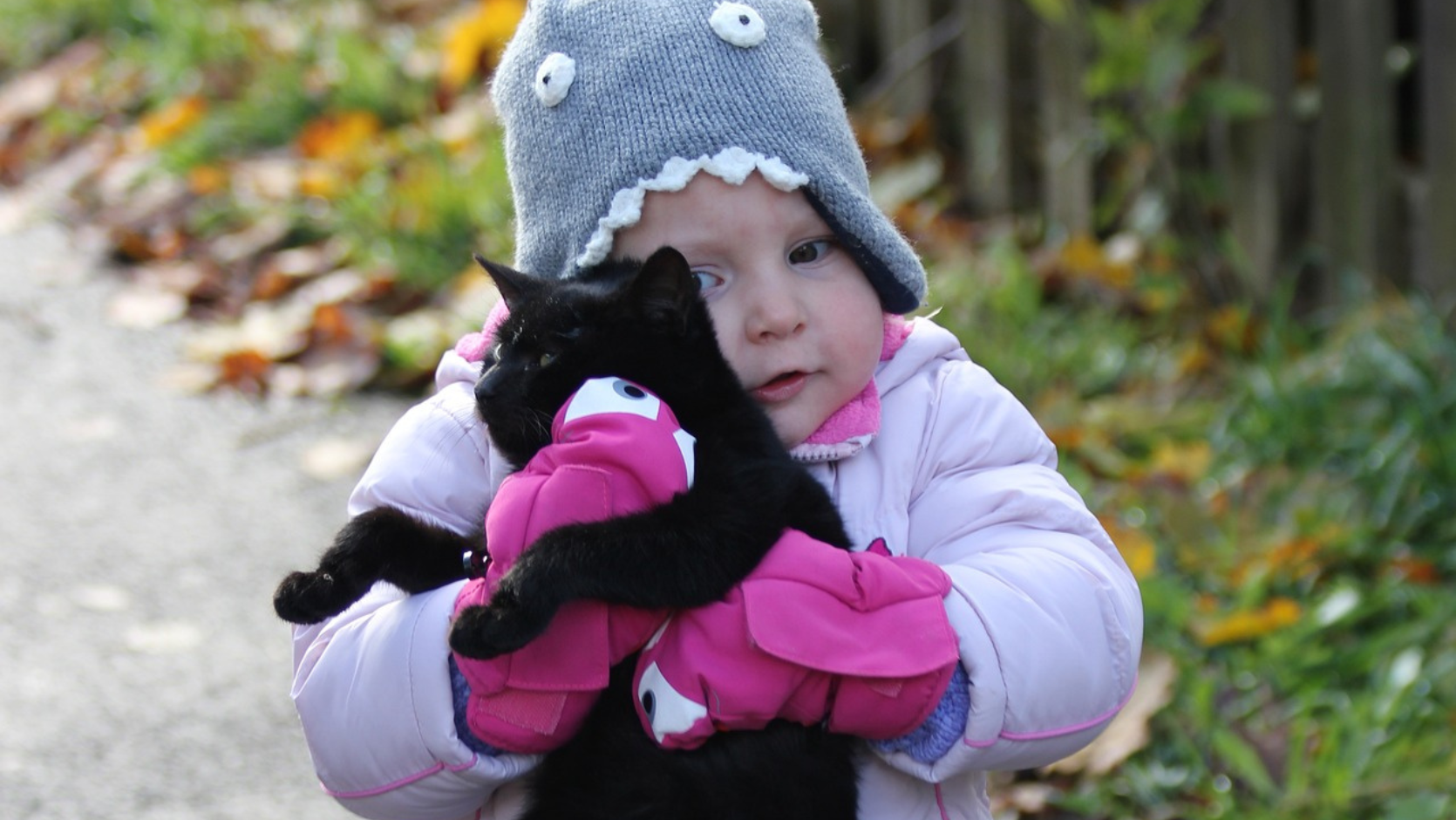The Facts
Woolworths launches officially licensed Duff beer trademarked “The Simpsons”
In 2014, supermarket industry behemoth Woolworths introduced an officially licensed “Duff” beer to its outlets which was trademarked “The Simpsons”.
The marketing of Duff kicked off at a pub in Sydney which was transformed for the week into “Moe’s Tavern”, the bar depicted in the popular animated show The Simpsons, and featured “Krusty Burgers”.
The online campaign was on Facebook and it made it clear that this Duff beer was officially sanctioned by The Simpsons and by the show’s creator, Matt Groening.
Voluntary advertising code adopted by alcohol industry
Prior to 2014, there had been increasing awareness within Australian society of the serious social and health issues related to alcohol use, in particular under-age drinking.
To head off more onerous legislation, the alcohol industry had introduced a raft of voluntary and industry managed and funded measures. These included the Alcohol Beverages Advertising (and Packaging) Code (ABAC).
The Alcohol Beverages Advertising Code Scheme
The ABAC Scheme is the centrepiece of Australia’s quasi-regulatory system and was established to respond to complaints that alcohol advertising and packaging results in excessive alcohol consumption.
The Code includes the following rules:
- Advertisements must not encourage misuse of alcohol, for example, by depicting binge drinking or glorifying drunkenness.
- Advertisements must not be aimed at minors or encourage minors to drink alcohol.
- Advertisements must not suggest that alcohol is therapeutic or brings success.
Complaint brought by the Alcohol Policy Coalition
The initial online campaign for Duff beer was quickly met with a complaint to the ABAC Complaints Panel by the Alcohol Policy Coalition (APC).
The APC is a public interest group made up of various entities including the Australian Medical Association (Victoria), the Royal Australasian College of Surgeons and the Uniting Church, whose self-expressed purpose is to address “concerns about alcohol misuse”.
It was up to the ABAC Complaints Panel to determine whether Woolworths had acted in breach of the Code.














Expert commentary on the court's decision
ABAC upholds complaint on basis of product’s appeal to children
The ABAC Complaints Panel found that, regardless of any exceptions in the Code to the packaging rules, the advertising of the product, even when very restricted, was still unavoidably attractive to children, given that The Simpsons TV show had frequently featured Duff Beer in a series which ran over a 30-year period. (See ABAC Complaints Panel Final Determination No:37A/14.)
In reaching this decision, the panel drew upon the judgment in Twentieth Century Fox Film Corporation and Matt Groening Productions Inc v the South Australian Brewing Co Ltd and Lion Nathan Australia Pty Ltd [1996] FCA 1484, where the court’s decision was based on the close association of the product name and packaging with The Simpsons.
In that case, Matt Groening had argued that a product launched by Lion Nathan and South Australian Brewing Company had infringed the intellectual property in The Simpsons brand by using it without licence. In the course of that trial, Mr Groening had given evidence that a real Duff Beer “might encourage children to drink alcohol”.
The panel’s conclusion was that the strong association of Duff Beer with The Simpsons in Australian popular culture meant that even if the product was marketed without reference to The Simpsons characters or images, it would still have strong appeal to underage persons.
Products supplied for bona fide retail sale before 31 October 2009
Woolworths argued that its beer should be treated as an exception to the Code, which states that the rules regarding the naming and packaging of alcoholic beverages do not apply to a product which has been supplied for bona fide retail sale prior to 31 October 2009.
In making this claim, the company referred to the “Duff Beer” brand which was launched and promoted in 1995 by Lion Nathan and South Australian Brewing Company without authorisation by the intellectual property owners of The Simpsons.
However, the ABAC panel took the view that the previous use of the “Duff” name by unrelated parties on an unrelated product did not amount to a bona fide retail sale within the meaning of that phrase in the Code.
“Others could fill the vacuum”
Woolworths also argued that as a signatory to the Code, it had “mature, balanced and responsible” measures in place to ensure that its products were sold responsibly and that there was no breach of the Code.
The company claimed that if it was forced to withdraw its genuine and licensed product from the market, other vendors which were not as responsible as Woolworths and not Code signatories could launch unauthorised products under the Duff name and “fill the vacuum”.
However, the panel rejected this argument also, taking the view that it would be unacceptable to decide a complaint under the Code on the basis of what unrelated third parties may or may not do in future.